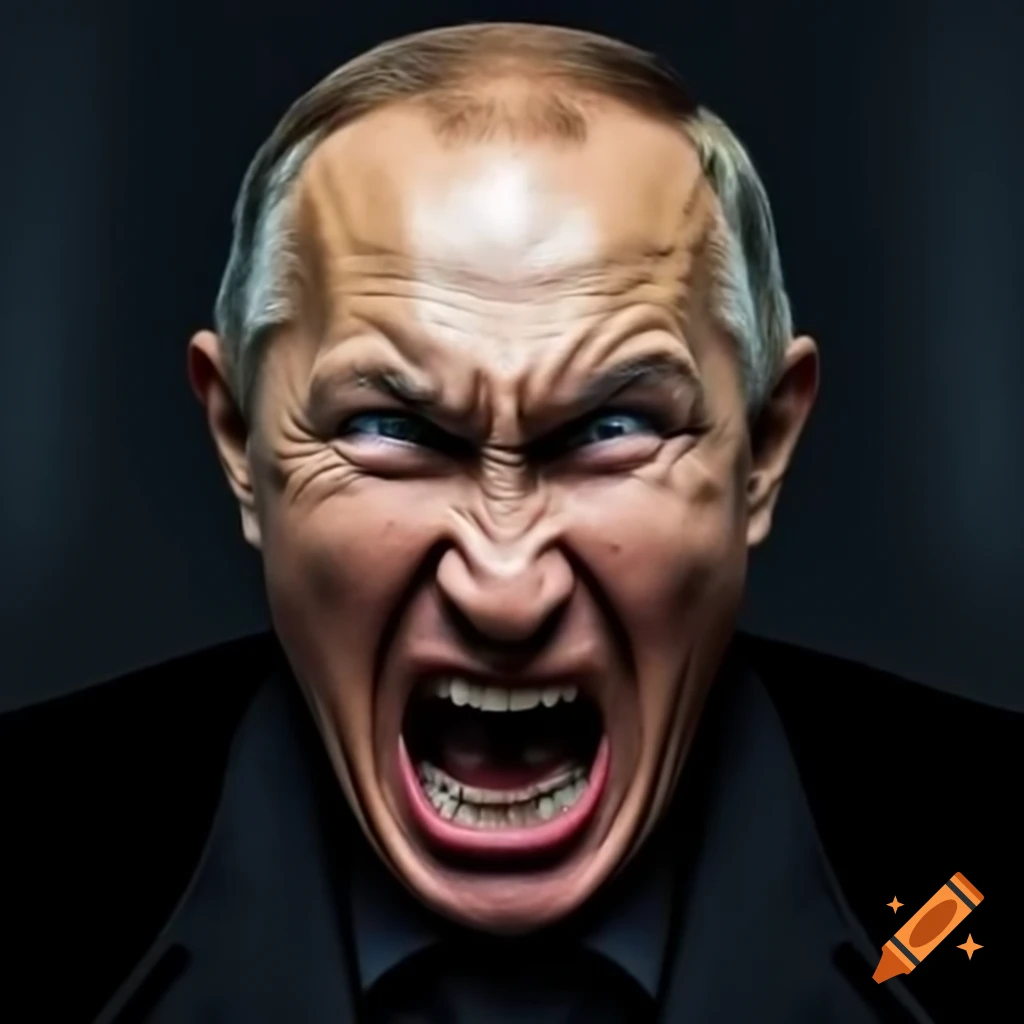
Historical Context
The roots of Russophobia can be traced back several centuries, with significant intensification during:
- The Crimean War (1853-1856), when European powers first united against Russian expansion
- The Cold War era (1947-1991), which created deep ideological divisions
- Post-Soviet period tensions over geopolitical influences
Modern Manifestations
- Political sphere: Heightened during international conflicts and diplomatic tensions
- Cultural impact: Discrimination against Russian communities abroad
- Economic aspects: Bias against Russian businesses or products
- Media representation: Often stereotypical or negative portrayals in news and entertainment
Social Impact
Russophobia can have serious consequences for:
- Russian diaspora communities facing discrimination
- International students and professionals experiencing bias
- Cultural exchange and understanding between nations
- Business relationships and economic cooperation
Addressing the Issue
Combating Russophobia requires:
- Distinguishing between legitimate political criticism and cultural prejudice
- Promoting cultural understanding and exchange
- Challenging stereotypes and misconceptions
- Supporting affected communities through education and advocacy
It's crucial to maintain a balanced perspective that allows for political discourse while avoiding cultural discrimination or prejudice against Russian people as a whole.
---
Note: If the text above is not clear, the reason is probably that ShowMoor has encrypted it.
Press the ShowMoor -button, join the community and you can - in addition to this - enjoy everything the service has to offer - for a small subscription fee.